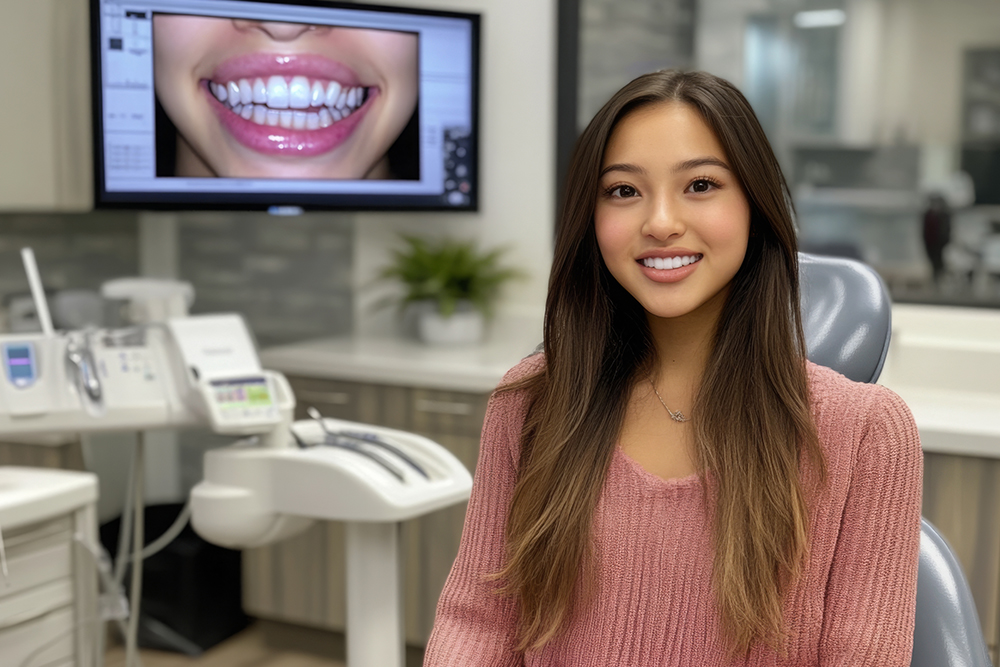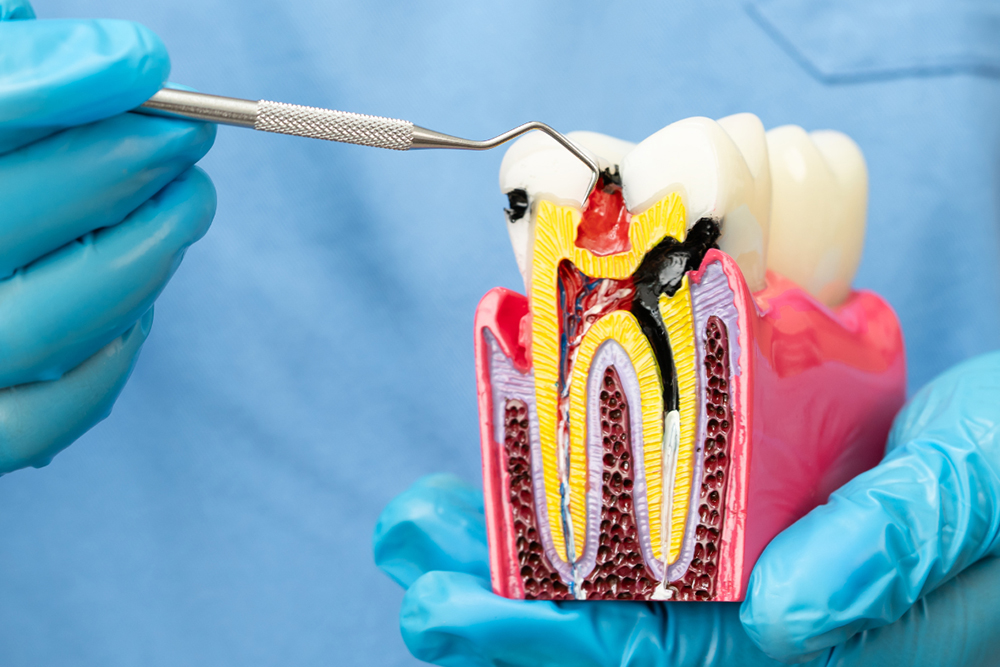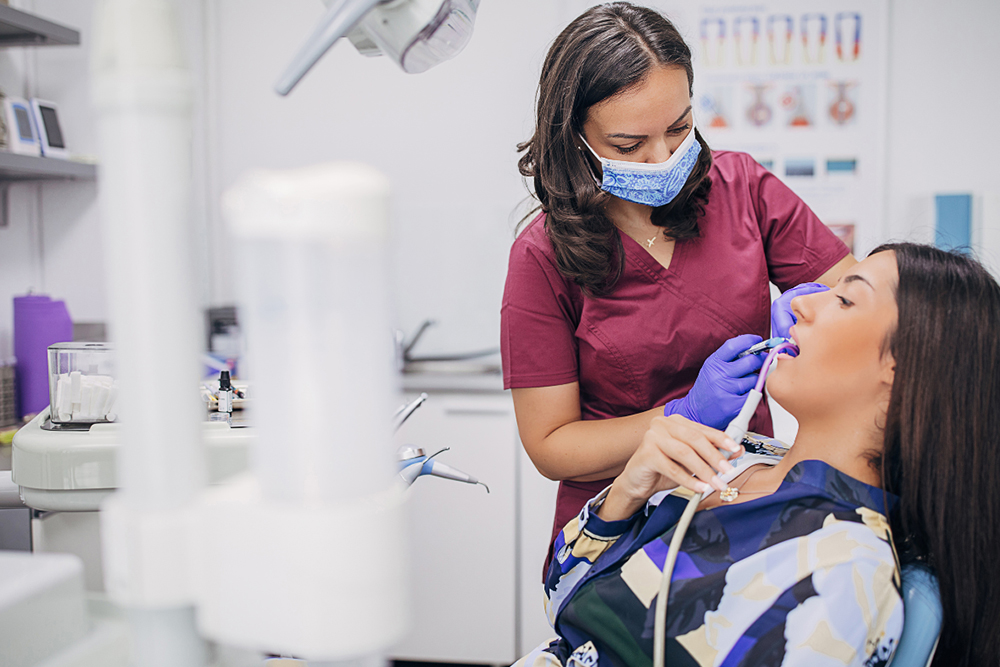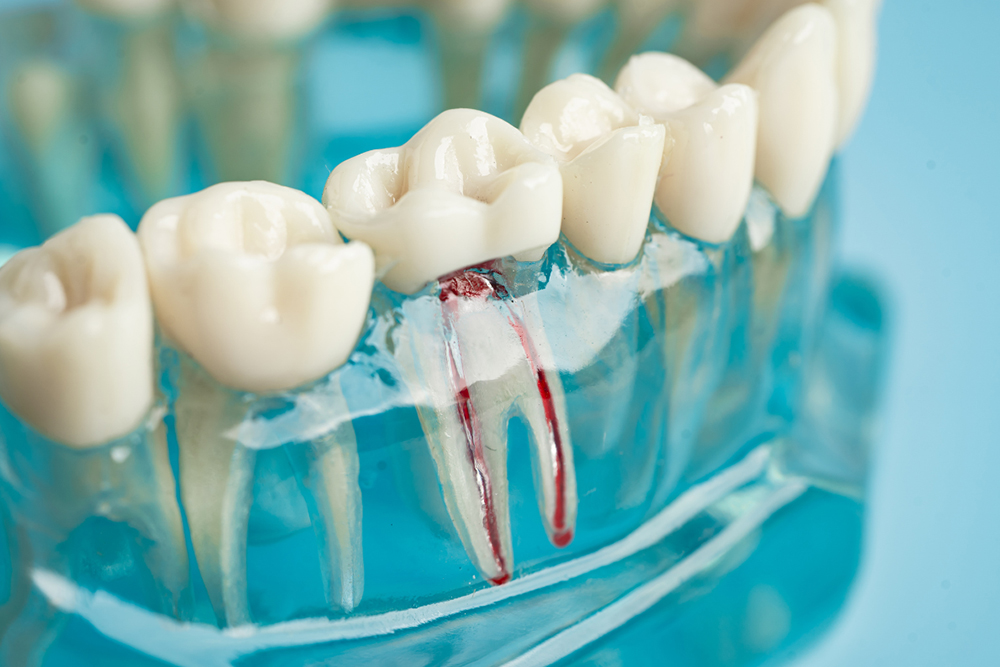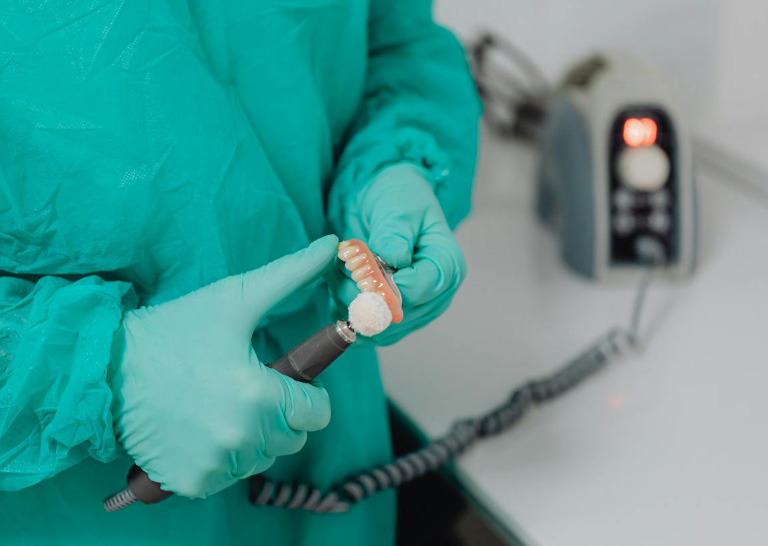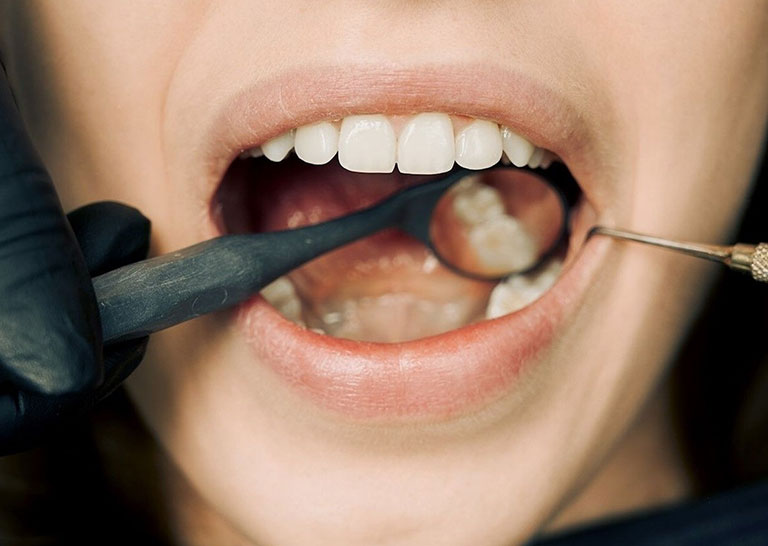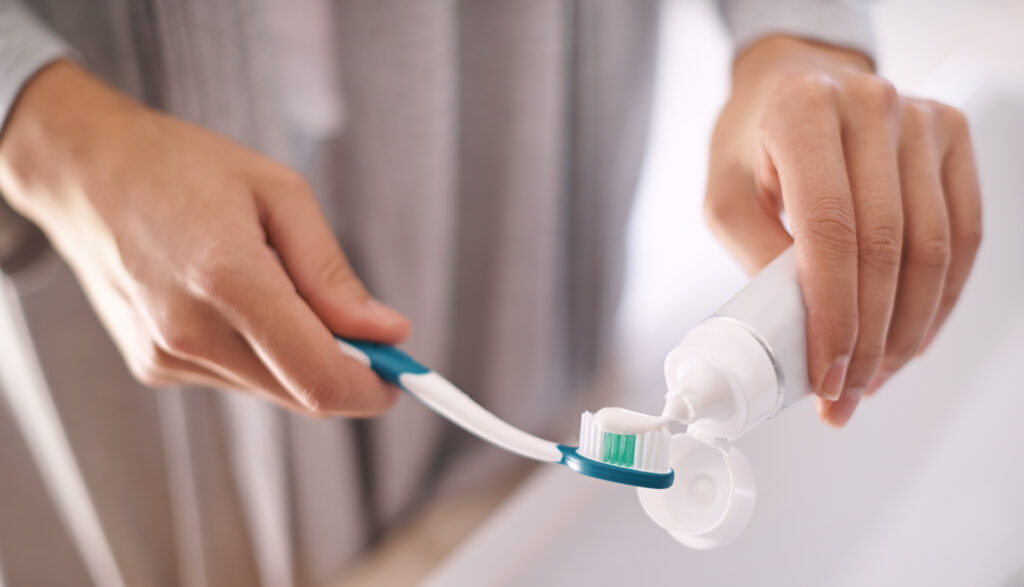Blog
Partial Dentures: Replacing Some Teeth, Keeping Others
October 19, 2025 / DENTISTRY
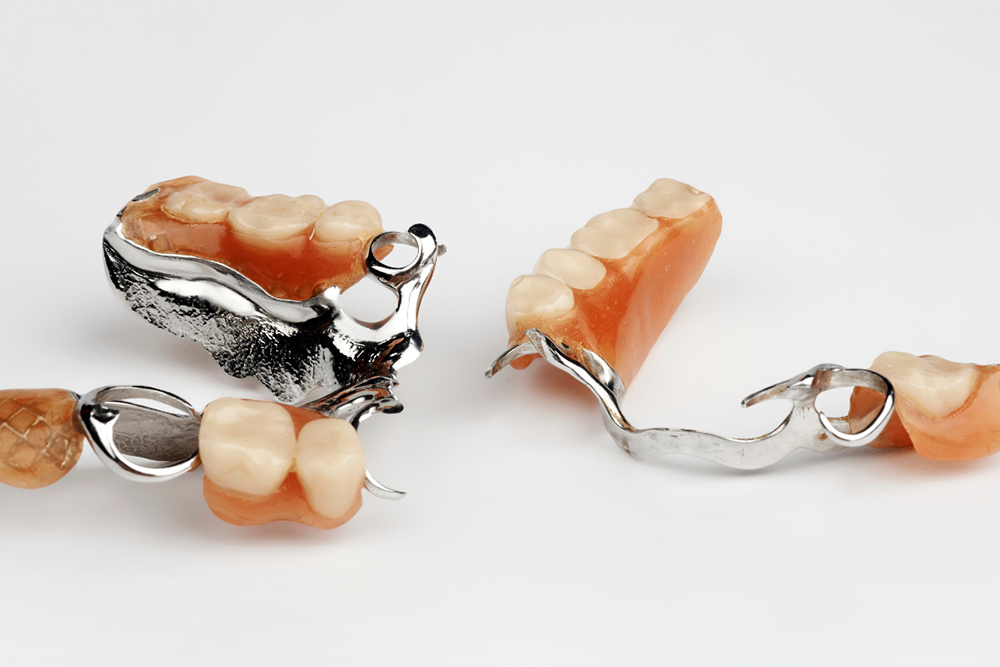
Understanding Partial Dentures and How They Work with Natural Teeth
Partial dentures offer an effective solution for patients who have lost some teeth but still retain healthy natural teeth. Unlike complete dentures that replace all teeth in an arch, partial dentures fill the gaps created by missing teeth. They work alongside your remaining natural teeth. This tooth replacement option provides both functional and aesthetic benefits for patients seeking to restore their smile.
Many Windsor residents wonder whether partial dentures are the right choice for their specific situation. The decision depends on several factors. These include the health of remaining teeth, jawbone condition, and personal lifestyle needs. Understanding the different types of partial dentures helps patients make informed decisions about their oral health.
Assessing Your Candidacy for Partial Dentures
Not everyone is an ideal candidate for partial dentures. A comprehensive evaluation by dental professionals determines whether this tooth replacement option suits your specific needs. Several key factors influence candidacy for partial dentures.
Remaining Tooth Health Evaluation
The health and stability of your remaining natural teeth play a crucial role in determining candidacy. These remaining teeth often serve as anchor points for the partial dentures. Teeth with significant decay, advanced gum disease, or structural damage may not provide adequate support.
Dental professionals assess each remaining tooth for strength, stability, and overall health. Teeth that will serve as anchors must be strong enough to handle the additional stress. In some cases, restorative work on existing teeth may be necessary before fitting partial dentures.
Jawbone Condition Assessment
The condition of your jawbone significantly impacts the success of partial dentures. When teeth are lost, the jawbone in that area begins to deteriorate over time. This bone loss can affect how well partial dentures fit and function.
Dental professionals evaluate bone density and volume in areas where teeth are missing. Adequate bone structure helps ensure proper fit and stability of partial dentures. In cases of significant bone loss, bone grafting procedures may be recommended before proceeding.
Oral Health Status
Overall oral health must be good before proceeding with partial dentures. Active gum disease, untreated cavities, or oral infections need to be addressed first. These conditions can compromise the success of partial dentures. They can also affect the health of remaining natural teeth.
A thorough oral health assessment includes examining gum tissue and checking for signs of infection. It also involves evaluating bite alignment. Addressing any existing problems before getting partial dentures ensures better long-term outcomes.
Different Partial Denture Designs Available
Several types of partial dentures are available, each with unique characteristics and benefits. The choice depends on factors like location of missing teeth, budget considerations, and aesthetic preferences.
Cast Metal Partial Dentures
Cast metal partial dentures feature a metal framework that provides exceptional strength and durability. The metal base is typically made from chrome cobalt alloy. This design offers superior stability and can last many years with proper care.
The metal framework is custom-designed to fit precisely around existing teeth. Clasps attach to natural teeth to hold the partial dentures securely in place. While the metal clasps may be visible when smiling, this type offers excellent functionality and longevity.
Flexible Partial Dentures
Flexible partial dentures are made from thermoplastic materials that provide a more comfortable, lightweight alternative. These dentures adapt to the natural movement of your mouth. The flexible material often eliminates the need for metal clasps.
The gum-colored material blends naturally with your oral tissues for improved aesthetics. Flexible partial dentures work well for patients who are allergic to acrylic or metal. They also provide a good temporary solution while waiting for permanent restorations.
Precision Attachment Partial Dentures
Precision attachment partial dentures represent the most aesthetic option available. Instead of visible metal clasps, these dentures use internal attachments. These connect to crowns placed on adjacent teeth. This design creates a seamless, natural appearance.
The precision attachments provide excellent stability while remaining virtually invisible. This type of partial dentures typically costs more than other options. However, the superior aesthetics and functionality often justify the investment for many patients.
How Partial Dentures Integrate with Existing Teeth
Successful integration of partial dentures with natural teeth requires careful planning and proper maintenance. Understanding this relationship helps patients maintain both their dentures and remaining natural teeth effectively.
Initial Adjustment Period
Getting used to partial dentures takes time and patience. Most patients experience an adjustment period lasting several weeks. During this time, speaking and eating may feel different as you adapt to the new appliance.
Your mouth produces more saliva initially as it adjusts to the presence of partial dentures. This is a normal response that typically subsides within a few days. Practicing speaking and eating with the partial dentures helps speed up the adjustment process.
Oral Hygiene Modifications for Partial Dentures
Maintaining excellent oral hygiene becomes even more important when wearing partial dentures. Food particles and bacteria can accumulate around the dentures and adjacent natural teeth. This increases the risk of decay and gum disease if not properly managed.
- Remove and clean your partial dentures after every meal when possible.
- Use a soft-bristled brush and non-abrasive denture cleaner to avoid damaging the appliance.
- Never use regular toothpaste, which can be too abrasive for denture materials.
- Clean your natural teeth thoroughly, paying special attention to teeth that contact the partial dentures.
- Floss around abutment teeth to remove plaque that brushing alone might miss.
Long-Term Maintenance of Natural Teeth with Dentures
Preserving your remaining natural teeth is essential for the continued success of partial dentures. Regular dental check-ups allow professionals to monitor the health of both your natural teeth and dentures. Early detection of problems prevents more serious issues from developing.
Abutment teeth (those supporting the partial dentures) require special attention and care. These teeth bear additional stress and are more susceptible to decay. Professional fluoride treatments and dental sealants can provide extra protection for these critical teeth.
Care and Maintenance of Partial Dentures
Proper care extends the life of partial dentures and protects your remaining natural teeth. Following recommended maintenance protocols ensures optimal function and appearance.
Daily Cleaning Routine
Establish a consistent daily cleaning routine for your partial dentures. Remove them at least twice daily for thorough cleaning. Rinse partial dentures after eating to remove loose food particles and debris.
Use lukewarm water when cleaning partial dentures, as hot water can warp the material. Handle them carefully over a folded towel or basin of water to prevent damage if dropped. Store partial dentures in water or denture solution when not wearing them to prevent warping.
Regular Professional Maintenance
Schedule regular dental appointments for professional cleaning and examination of your partial dentures. Dental professionals can identify wear patterns, check the fit, and make necessary adjustments. Professional cleaning removes stubborn stains and buildup that home care might miss.
Over time, changes in your mouth may require adjustments or relining of partial dentures. Your jawbone and gum tissue continue to change even after tooth loss. Regular professional evaluations ensure your partial dentures continue to fit properly and function effectively.
Making the Decision About Partial Dentures in Windsor
Choosing partial dentures represents an important decision that affects your oral health and quality of life. Understanding your options and working with experienced dental professionals ensures the best possible outcome.
Foresto Dentistry in Windsor, Ontario provides comprehensive evaluations and custom partial dentures tailored to each patient's unique needs. Located at 3850 Dougall Ave, Unit 30, the practice offers expert guidance in selecting the right type of dentures for your situation.
The team at Foresto Dentistry understands that every patient has different needs and concerns regarding partial dentures. They take time to explain all available options and help patients make informed decisions. Their commitment to quality care ensures that patients receive partial dentures that look natural and function well.
For more information about partial dentures or to schedule a consultation, contact Foresto Dentistry at 519-972-6148. You can also email forestoreception@outlook.com. The practice welcomes patients seeking solutions for missing teeth. They are committed to helping restore both function and confidence through quality partial dentures. Visit our contact page for more information.
Archive
